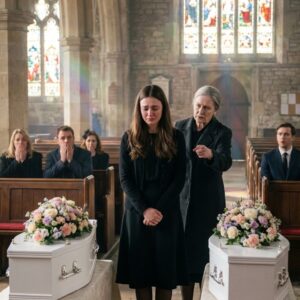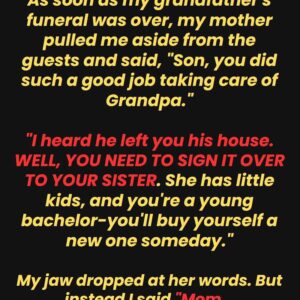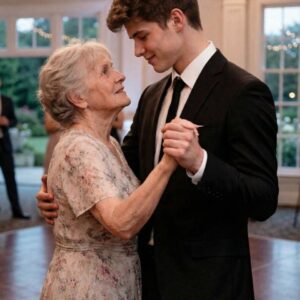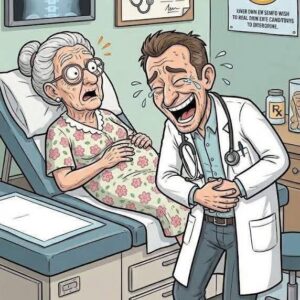The world is mourning the loss of Robert Redford, the legendary actor, director, and visionary who passed away at the age of 89. According to his publicist, Redford died peacefully in his sleep at his beloved home near Provo, Utah. No official cause of death has been released, but his passing marks the end of a remarkable era in film and culture.
Redford’s life was one of brilliance, hardship, and resilience. Born in 1936 in Santa Monica, California, he came of age in a country still recovering from the Great Depression. As a boy, he battled polio, a disease that left countless others disabled or worse. He recovered, but the experience instilled in him a sense of fragility and determination that carried through his life.
Despite his hardships, Redford possessed undeniable talent. He earned a scholarship to the University of Colorado, where he briefly pursued a traditional path. But his academic life unraveled when he fell into heavy drinking, losing both his scholarship and his way.
At one point, he worked as a janitor in a Boulder restaurant—a memory he often recalled fondly in interviews as a turning point in his life. That period of uncertainty set him on a path of discovery that would eventually take him across Europe, sketching and painting, before landing him in New York City to study art and, eventually, acting.
Behind his meteoric rise, however, lay a well of personal pain. Redford’s greatest regret, by his own admission, was tied to his mother,
Martha Hart. She was a deeply adventurous and positive woman who believed in her son even when he doubted himself. Redford described her as his anchor, the one person who constantly reminded him that he was capable of more than he imagined. Tragically, she died from a hemorrhage at just 40 years old, when Redford was only 18.
It was her sudden death, he later confessed, that left him with his most profound regret: never thanking her. At 18, standing on the cusp of adulthood and the start of his college journey, he hadn’t yet learned how to put gratitude into words. By the time he realized the depth of what she had given him, she was gone. For the rest of his life, Redford carried that ache quietly, often saying that if he could change one thing about his life, it would be to tell his mother how much he loved and appreciated her before it was too late.
The tragedies didn’t end there. Redford married in 1958 and started a family, but heartbreak struck again when his infant son,
Scott, died of sudden infant death syndrome (SIDS). The loss devastated him and his wife, and though he rarely spoke about it publicly, those close to him said it left scars that never fully healed. Decades later, in 2020, Redford suffered another devastating blow when his son James, a filmmaker and activist, died from bile-duct cancer at the age of 58.
These experiences of grief and regret shaped Redford’s creative choices. His directorial debut,
Ordinary People (1980), which won the Academy Award for Best Picture, was a quiet, devastating exploration of a family torn apart by tragedy. Many saw echoes of his own losses woven into the film’s raw honesty. Redford never confirmed it outright, but his work often reflected the deep currents of sorrow and resilience that defined his personal life.
Still, his story is not one of defeat but of perseverance. Redford built one of the most remarkable careers in Hollywood history, starring in films that remain cornerstones of American cinema: Butch Cassidy and the Sundance Kid (1969), The Sting (1973),
All the President’s Men (1976), and The Natural (1984). He captivated audiences with his charisma and intelligence, but he was never content to be just a handsome face on screen.
Off-screen, Redford changed the industry itself. In 1981, he founded the Sundance Institute, a nonprofit dedicated to supporting independent filmmakers. What began as a small gathering in the Utah mountains grew into the Sundance
Film Festival, the most influential showcase for independent cinema in the world. Through Sundance, Redford created a platform for voices that might otherwise have gone unheard, reshaping film culture by elevating truth and creativity over commercialism.
He was also a passionate environmentalist, decades before “going green” was fashionable.
Redford used his platform to advocate for conservation, renewable energy, and environmental protections. Utah, where he made his home, was not just a base of operations but his sanctuary, a place where he found solace in the natural beauty of the land.
In his later years, Redford began to step back from Hollywood, announcing his retirement from acting in 2018. By then, he had given more than six decades to storytelling, activism, and mentorship. Yet he often reflected on the fragility of life and the importance of gratitude—lessons learned from loss.
In his final interviews, Redford acknowledged that fame, success, and accolades had never erased his greatest regret: not telling his mother thank you. That small, unfinished gesture haunted him even after a lifetime of triumphs. But perhaps it also fueled his determination to honor others, to give space for young filmmakers, to protect the environment, and to tell stories that mattered.
Robert Redford leaves behind his wife, two daughters, and seven grandchildren. He also leaves behind a cinematic legacy that will outlast generations. But at the heart of his story is something more intimate: a reminder that even legends carry regrets, and that sometimes the most important words are the ones we forget to say.
The world remembers him not just as a Hollywood icon, but as a man who, in his humanity, taught us the importance of resilience, honesty, and gratitude.




